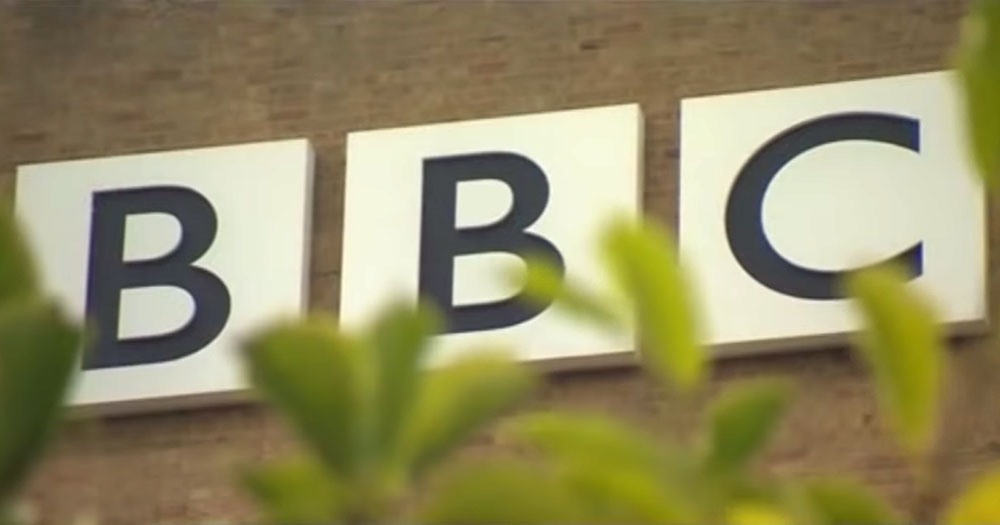Content Warning: Contains descriptions of transphobia.
The BBC has issued a statement defending a recent article which claims that Trans women pose a threat to cis-lesbians.
In the article, author Caroline Lowbridge, claims that there is a ‘huge problem’ for lesbians, who are being pressured into having sex with Trans women. It also goes on quoting statistics from an online survey conducted via social media, on behalf of a group called ‘Get The L Out’.
According to the article, 56% of the 80 lesbians who took part in the survey claimed they were pressured or coerced into sex with Trans women.
Following widespread backlash, which included a series of complaints as well as an open letter signed by over 20,000 people, the BBC issued a statement which stated they received “a wide range of feedback from those who find the article challenging as well as those who welcome its publication”.
We have just hit 20,000 signatures, with over 12,000 of them verified!
Tomorrow we will be sending the letter directly to the BBC, so here is the final version (including details about Lily Cade): https://t.co/IpRJpE36WU#TransRightsAreHumanRights #IStandWithLesbians
— Trans Activism UK (@TransActivismUK) October 29, 2021
The letter questions the editorial integrity of the article stating, “This study breaks the BBC’s own guidelines about using surveys as sources for claims in coverage, as it is self-selected, with a small sample size and a clear bias held by those self-selected to respond.”
In their statement, the BBC maintained that the article, which came in at almost 4,000 words, had taken over two months to write and research: “The article was carefully considered before publication, went through a rigorous editorial review process and fully complies with the BBC’s editorial guidelines and standards.”
As reported by PinkNews, according to their own ‘editorial rules’, “When dealing with ‘controversial subjects’, we must ensure a wide range of significant views and perspectives are given due weight and prominence, particularly when the controversy is active. Opinion should be clearly distinguished from fact.”
As the article did not include any Trans respondents or interviewees, this would suggest that it does not adhere to the BBC’s guidelines of “due weight and prominence”.
The Trans Activism UK letter also pointed out that the article implied “that transgender women generally pose a risk to cisgender lesbians in great enough numbers that it is newsworthy, and something the general public should consider as a common occurrence rather than a matter of incredibly rare, isolated experiences.”
The response to the complaints is the same copy paste response that the BBC gave to media outlets.
We strongly urge people to escalate their complaints, Laura has provided more information here. https://t.co/ZrUzXC3VEW
— Trans Activism UK (@TransActivismUK) November 1, 2021
© 2021 GCN (Gay Community News). All rights reserved.
Support GCN
GCN is a free, vital resource for Ireland’s LGBTQ+ community since 1988.
GCN is a trading name of National LGBT Federation CLG, a registered charity - Charity Number: 20034580.
GCN relies on the generous support of the community and allies to sustain the crucial work that we do. Producing GCN is costly, and, in an industry which has been hugely impacted by rising costs, we need your support to help sustain and grow this vital resource.
Supporting GCN for as little as €1.99 per month will help us continue our work as Ireland’s free, independent LGBTQ+ media.

comments. Please sign in to comment.